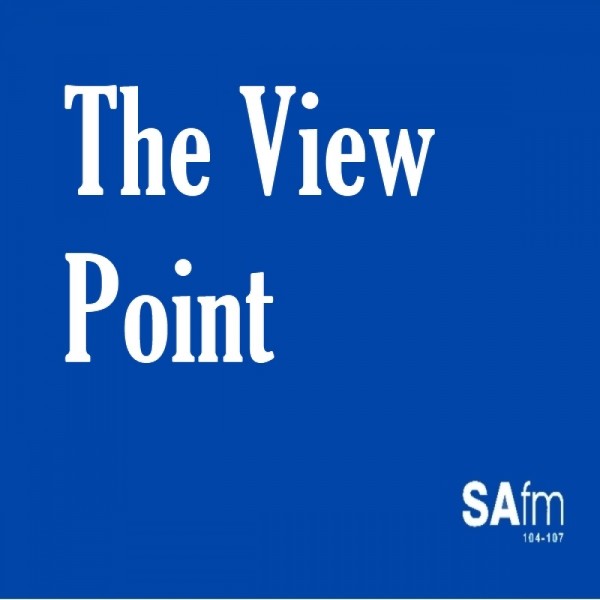SAfm: Nkululeko Majozi discusses how we should measure poverty


Most people who care about measuring poverty—policymakers, academics, non-profit organisations, and the like—agree that the way the government currently determines poverty levels and social security policy does not work.
According to the Studies in Poverty and Inequality Institute (SPII), the national poverty line figures were of great concern, particularly because the Covid-19 Social Relief of Distress Grant (SDG) of R350, does not even meet the food poverty line, now set at R624 a month. They believe that the setting of poverty lines is a choice about what poor people deserve to have, and it is always a choice made by non -poor experts.
How should we measure poverty?
There are three poverty lines in South Africa to guide and determine the indicators of poverty, these are:
The Extreme/food poverty line of R624, this is based on a calculation of the minimum kilojoules/energy required to survive on a day-to-day basis, not live.
The Lower bound poverty line of R840, which is now R890, being based on the food poverty line in addition to non-food essential items that are basic yet neccesary (toothpaste, clothing, etc)
The Upper bound poverty line of R1268, which is now R1235, this includes non-food items as well as the food poverty line, and essential items including transport money, etc.
There is a mismatch in terms of how the government determines poverty and the social security systems in place to assist the people in surviving, the social security systems are meant to ease the burden of poverty,
The cognitive abilities of South African children are being effected in the long run due to inadequate nutrition and malnutrition, the Social Relief of Distress grant (COVID19 grant) brings assistance to people of working age, but the matter at hand is that R350 is simply not enough.
We are in a situation where we have an economy that doesn’t produce a sufficient number of jobs to employ the people coming into the labour market each year, and these people are not covered in the event of unemployment yet they are effected the most.
For more than 15 years, there has been discussion on a universal basic income, we are pushing as civil society for government to provide South Africans with basic security system to afford the basic items on a month-to-month basis, we have also been calling for a Decent Standard of Living (DSL) measure.
A DSL measure would be a more human centric approach to measuring poverty levels, the methodology is that there are 21 Socially Perceived Necessities (SPNs) that are crucial for people to attain a socially acceptable standard of living which enables them to participate in society with dignity.
The SPNs include food and non-food essential items, such as security and transport, which fall under the R1335, the upper bound poverty line. With a Universal Basic Income (UBI) or Basic Income Grant (BIG), it is monthly payments made to individuals, not per household. Households can pull that money together to survive, and possibly use as capital to generate more income.
There are growing concerns on how a basic income grant would be funded, here is where some finance modules can be found
Big businesses are not in the business of making employment, why is the economy not producing enough jobs? “If you look at successful economies, small and medium enterprises are creating jobs for these countries,” and “Big corporations are no longer in the business of job creation, they are in it for making profits.” Majozi emphasises.
A BIG would provide a basic security to cover basic necessities, people are able to use this money to generate more income, starting small businesses and initiatives that catalyst contributions to the economy as well as informal sector growth.
Source: SAfm